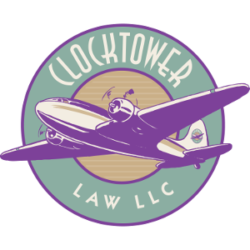Sometimes it is best to get a patent for your invention, sometimes trade secret protection is better.
Perhaps the best example of this is Coke’s secret formula, which Coke has never patented but has instead protected by keeping it secret. I spoke about this issue recently to a class of MBA students at Babson College, where we had a lively discussion of what today’s soft drink market would look like if Coke’s formula had been patented and thus had entered the public domain 100 years ago. Would we have more cola choices, or fewer? Check out this article on the advantages and disadvantages of protecting business ideas with patents and trade secrets.



[EDITOR’S NOTE: In the summer of 2025, Clocktower Intern Mark Magyar used artificial intelligence (AI) software to shorten over 100 Clocktower articles by 17%. The shortened articles are included as comments to the original ones. And 17 is the most random number (https://www.giantpeople.com/4497.html) (https://www.clocktowerlaw.com/5919.html).]
* If Your Only Tool Is A Hammer
Sometimes the right move is a patent, sometimes it’s trade secret protection.
The best example is Coke’s formula, which was never patented but instead kept secret. I recently spoke about this to MBA students at Babson College. We debated how today’s soft drink market would look if Coke’s formula had been patented and entered the public domain a century ago. Would we have more cola options, or fewer?
Check out this article on the pros and cons of protecting business ideas with patents versus trade secrets.